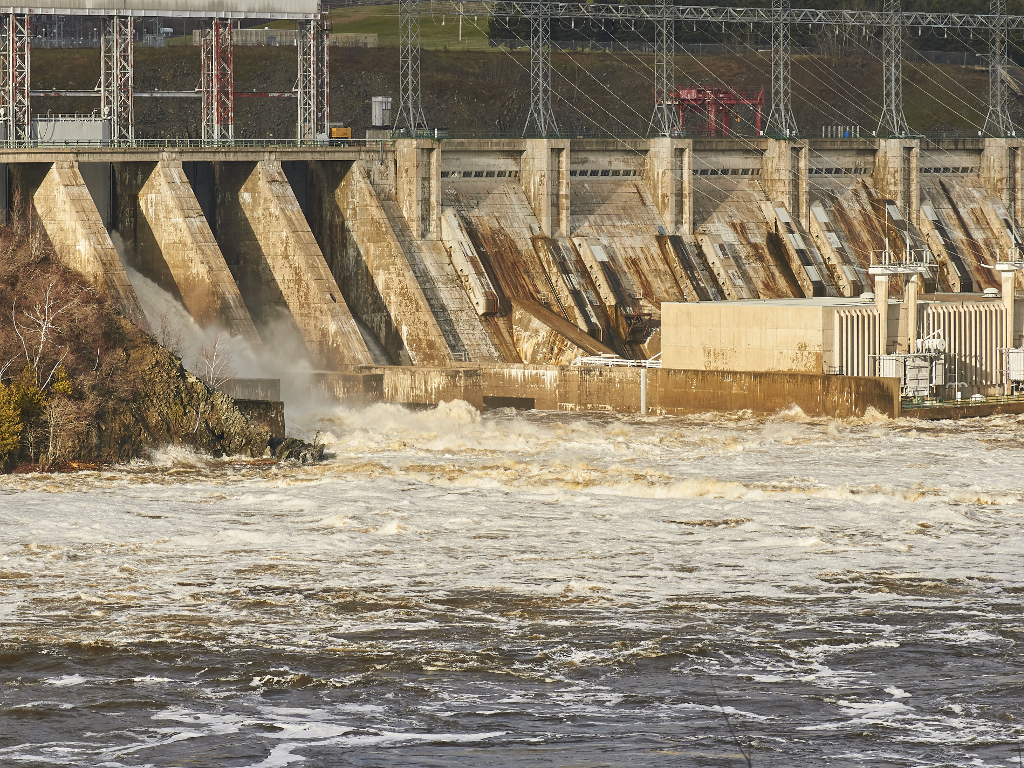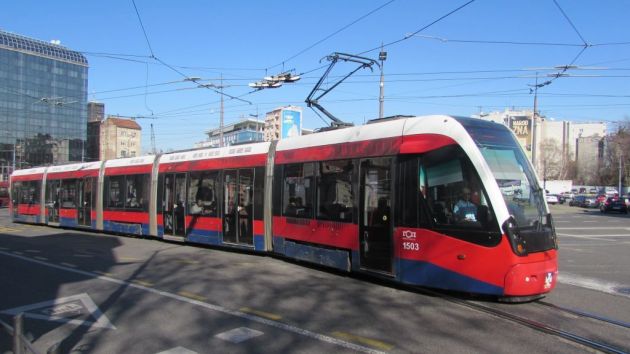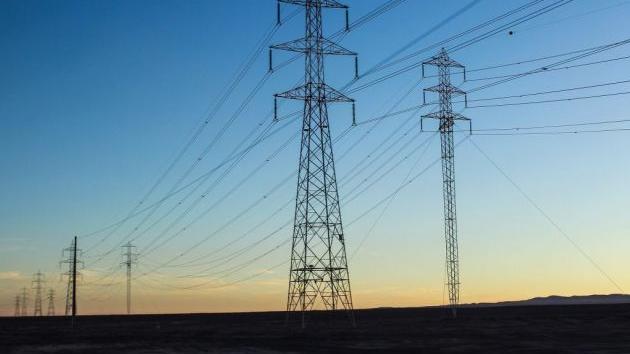International Ecology Organizations Lobbying Against Hydro Power Plants in Western Balkans
 Friday, 12.08.2022.
Friday, 12.08.2022.
 10:19
10:19

Traditionally, hydro power plants play a great role in many power systems of southeast Europe, with an especially high share in some countries of the Western Balkans, where, along with coal, they have been the backbone of power generation for decades now.
In the analysis titled ŌĆ£Why Hydropower in Southeast Europe is a Risky InvestmentsŌĆØ, it is said that many countries of southeast Europe are in the phase where new hydropower capacities will either not contribute to energy security due to being too dependent on them, as is the case in Albania, Bosnia and Herzegovina, Croatia and Montenegro, or where little economic potential is left, such as Bulgaria and Kosovo.
Albania is almost 100% hydropower-dependent for domestic generation, Montenegro around 50%, and Bosnia and Herzegovina depends on hydropower for around a third of its electricity generation. In North Macedonia, hydropower makes up just under a quarter of domestically generated electricity and in Serbia around 28%.
ŌĆō It is therefore unsurprising that when the need to develop renewable energy entered the political agenda at the EU level in the late 1990s and early 2000s, southeast European governments, utilities and energy experts mainly understood this as an opportunity to build more hydropower ŌĆō says the reports published by the organizations CEE Bankwatch, EuroNatur, RiverWatch and WWF Adria.
Although parts of the region are often claimed by governments and hydropower companies to have very high and largely untapped hydropower potential, the authors of the study point out that these are usually based on decades-old estimates from a time ŌĆ£when rainfall was more predictable, people hardly dared to oppose expropriation, and little was known about the regionŌĆÖs astonishing biodiversityŌĆØ.
The analysis emphasizes the especially high risks of construction of nine hydro power plants in the region: Skavica in Albania, Bistirca, Buk Bijela, Dabar, Ulog and Janjici in Bosnia and Herzegovina and Komarnica in Montenegro.
The authors of the report recommend ŌĆ£lower-risk investments that can help the region move towards a more environmentally, socially and economically sustainable energy systemŌĆØ.
What all the countries of the region have in common, the analysis says, is that their sustainable solar and wind potential has not yet been utilized.
Na┼Ī izbor
Most Important News
06.04.2024. | Agriculture
Preconditions for Placement of Fresh Blueberries and Dried Plums in Chinese Market Secured

16.04.2024. | News
Jovan Ciric, Leasing Director Retail MPC Properties ŌĆō MPC Echo symbolizes our desire for good ideas and innovative endeavors to spread freely and bring about positive changes

16.04.2024. | News
10.04.2024. | Finance, IT, Telecommunications, Tourism, Sports, Culture
Creative Industry ŌĆō What This Serbian Economy Sector Worth EUR 2 Billion Encompasses

10.04.2024. | Finance, IT, Telecommunications, Tourism, Sports, Culture
18.04.2024. | Industry, Finance
Here come the new hunters for Serbian gold ŌĆō Australian Strickland Metals buys mining project on mountain Rogozna

18.04.2024. | Industry, Finance
16.04.2024. | News
Economy Fair in Mostar opens ŌĆō 26 companies from Serbia exhibiting

16.04.2024. | News
18.04.2024. | Transport
Jovanovic: Purchase of Siemens trams produced in Kragujevac for GSP Beograd should be considered

18.04.2024. | Transport


 Izdanje Srbija
Izdanje Srbija Serbische Ausgabe
Serbische Ausgabe Izdanje BiH
Izdanje BiH Izdanje Crna Gora
Izdanje Crna Gora


 News
News








